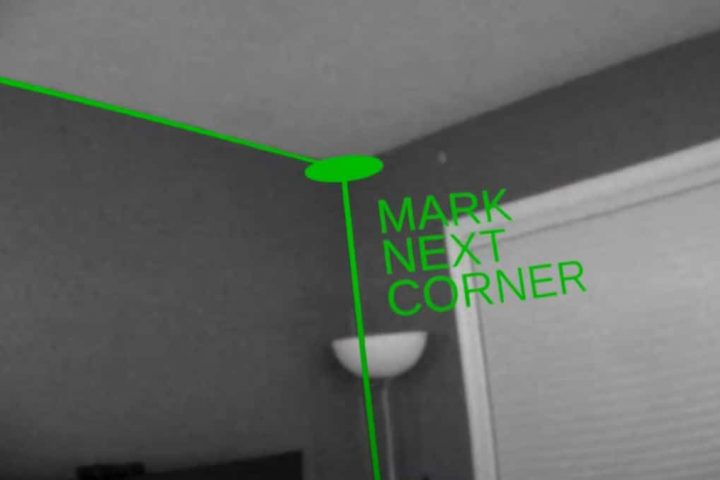
Facebook is expected to debut a $200 wireless Oculus VR headset in 2018, according to a report based on unnamed sources by Bloomberg writer Mark Gurman. We’ve confirmed some details related to the story.
The new headset will work without being tethered to a smartphone or PC, the report said. If that’s true, it could make VR more accessible to the masses. VR has had a slow start in the past year, but it is expected to be a $75 billion market by 2021, according to market researcher Greenlight Insights.
Bloomberg said that Facebook would unveil the device later this year.
“We don’t have a product to unveil at this time; however, we can confirm that we’re making several significant technology investments in the standalone VR category,” said a spokesperson for Oculus, regarding the Bloomberg report. “This is in addition to our commitment to high-end VR products like Oculus Rift and mobile phone products like Gear VR.”
GamesBeat has learned that something is in the works. Oculus does not plan to ship new hardware in 2017, and its new standalone project is not considered a replacement for the Rift, based on what an unnamed source told GamesBeat. That means that Rift users don’t have to worry that their hardware will be soon outdated, the GamesBeat source said.
Current VR hardware includes a cheaper, but less capable, version (such as the $130 Samsung Gear VR) that runs on smartphones, and a more expensive $400 Oculus Rift that hooks up to a $1,000 computer. By making the VR device into a standalone unit, with its own processing, Facebook could bring down the costs dramatically.
Bloomberg said the device’s codename is “Pacific,” and it is a more compact version of the Rift that will be lighter than the Gear VR. Of course, the big question is how much quality the company can build into it — the same struggle Google has been facing as it moves from low-quality Cardboard devices to the standalone Daydream headset.
Part of the appeal of such a device is to be able to pull a headset out of a bag and watch 360-degree movies on a flight or play a VR game.
At Oculus’ developer conference last year, Facebook CEO Mark Zuckerberg described a “sweet spot” for a device that sits between the Gear VR and Rift. And I tried out the “Santa Cruz” prototype of a wireless Oculus headset last October. Rivals such as HTC and Lenovo are also working on their own new headsets.
Based on what we know, Oculus has not killed the Santa Cruz prototype, and it is still looking at a spectrum of devices in the standalone category. The Santa Cruz prototype featured inside-out tracking, which means it did not depend on external sensors to be able to sense your body movements in VR.
Facebook reportedly plans to use a Snapdragon mobile chip from Qualcomm. Qualcomm has been showing off VR technology based on its Snapdragon 835 processor this year. This week, Oculus lowered the price of the Rift + Touch PC-based system from $600 to $400 for a limited time.
Asked about the Pacific rumor, SuperData Research analyst Stefanie Llamas wrote, “They are losing the high-end PC race to HTC Vive, but have seen the massive potential from Gear VR’s strong market lead. Facebook is not a company for the niche consumer — their selling point is how accessible their services are to anyone, anywhere. So finding something with the potential for mass penetration is a priority, especially with Rift’s bumpy past.”
She added, “However, an untethered, self-contained device for $200 seems like either a loss leader or a highly simplified VR experience (for instance, Google and HTC’s new Daydream device will boast the same conveniences for a much higher price). Pacific may be a combination of both so that Facebook can finally have a long-term stake in the mass consumer market, but it’s too soon to tell.”
x
Thanks for your interest in the PC Gaming channel
Select the products you would like to subscribe to:
Country required
*By checking this box, you are confirming you are an adult 18 years or older and you agree to Intel contacting you with marketing-related emails or by telephone. You may unsubscribe at any time. Intel’s web sites and communications are subject to our Privacy Notice and Terms of Use.
Source: Facebook’s rumored $200 standalone VR headset is not a Rift replacement



